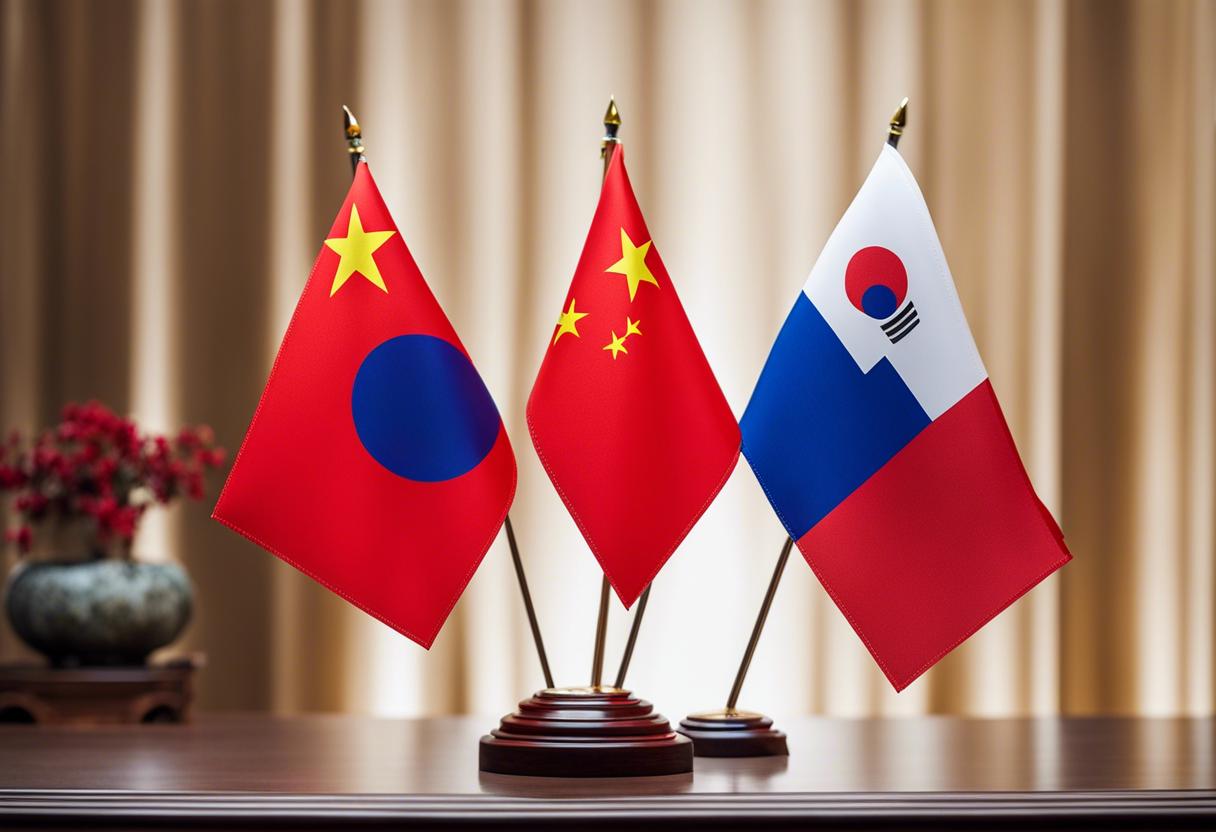In a move that escalated tension, China issued a stern warning on Friday, hinting at the use of capital punishment in grave instances against relentless Taiwan independence advocates. This comes amidst increased pressure and despite the lack of authority of Chinese courts over Taiwan, a democracy.
China regards Taiwan as part of its sovereign state and hasn’t hidden its enmity towards Lai Ching-te, Taiwan’s president who took office in the previous month. The Chinese government has labelled him a “separatist” and initiated military exercises soon after his inauguration.
Ever since Lai was victorious in the January elections, Taiwan has lodged multiple complaints concerning the amplified pressure from China, citing continual military operations, trade sanctions, and coast guard surveillance around islands under Taiwanese control located close to China.
As per the latest guidelines issued, judicial, administrative and national security sections of China should “severely penalise Taiwan independence hardliners for acts of secession and provocation of secession crimes according to the law, while staunchly preserving national sovereignty, unity, and territorial integrity”, reported Xinhua, the state-operated news agency in China.
These guidelines have been established on the foundation of existing laws, which include the 2005 anti-secession law, Xinhua noted. This law authorises China to embark upon military engagement with Taiwan should it choose to secede or show tendencies to.
In Beijing, an official of China’s ministry of public security, Sun Ping, informed reporters that the maximum sentence for “the crime of secession” would be the death penalty, adding that “the sharp sword of legal action will always hang high.”
The step taken by Beijing garnered sharp criticism from Taiwan’s Mainland Affairs Council on Friday, imploring its people to not succumb to any threats posed by China. In a statement, it protested that “Beijing authorities hold no jurisdiction whatsoever over Taiwan, and the Chinese communists’ supposed laws and norms bear no legal weight on our people. The government urges our country’s populace to remain calm and not be terrorised or pressurised by the Chinese communist party.”
The guidelines provide clear definitions of what actions might be deemed punishable offences. These include active support for Taiwan’s inclusion into international organisations where statehood is a requirement, undertaking “official external exchanges”, and “curbing” parties, groups, and individuals pushing for “reunification.” The guidelines also contain an additional clause indicating that actions with the aim to break away Taiwan from China can be widely interpreted as crimes — “any acts that aspire to separate Taiwan from China.”
Lai has persistently extended proposals to engage in discussions with China but has continually been dismissed. He stands firm in his belief that the future of Taiwan lies solely in the hands of its citizens. In the past, China has enacted legal actions against officials from Taiwan, for instance, enforcing sanctions on Hsiao Bi-khim, the former unofficial Taiwanese ambassador to the United States who currently holds the position of Vice-President within the island. Despite these chastisements, the repercussions are of little consequence as the courts within China’s jurisdiction hold no sway within Taiwan due to the refusal of the Taiwanese government to acknowledge Beijing’s sovereignty claims. High-ranking Taiwanese figures, inclusive of the country’s president, refrain from visiting China. (Source: Reuters)

